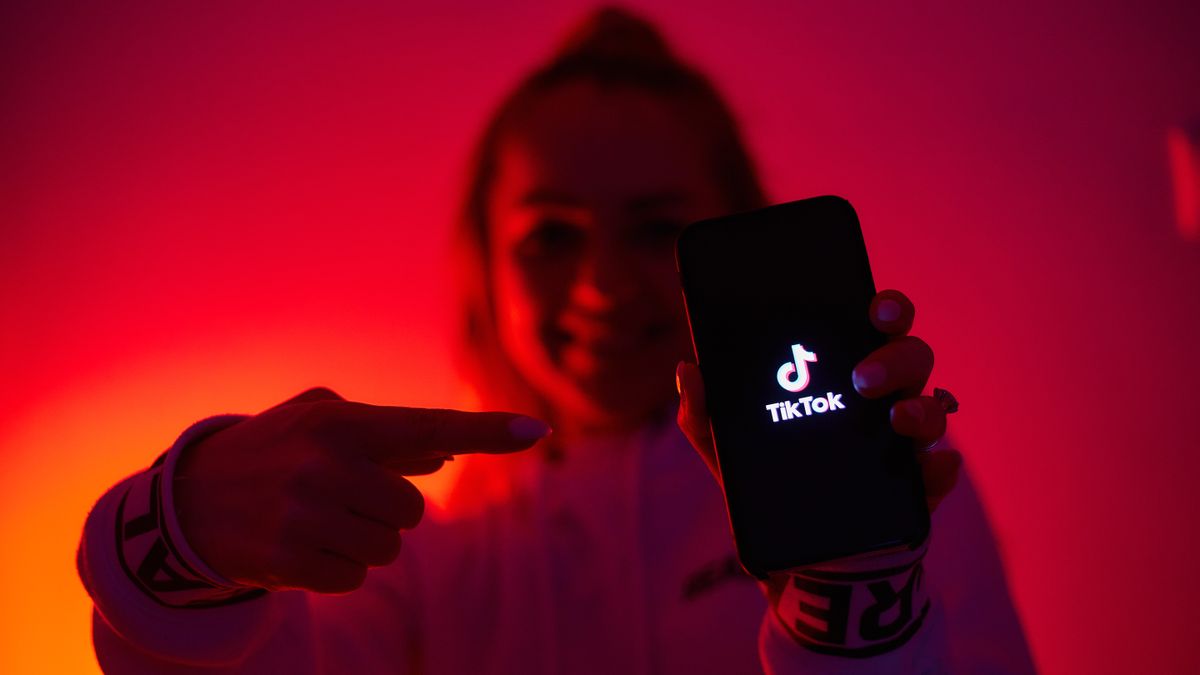Introduction
The rise of TikTok, a Chinese-owned social media app, has taken the world by storm. With over 100 million users in the US alone, TikTok has become a cultural phenomenon. However, its popularity has also raised concerns about data privacy and national security. In this article, we will explore the ongoing battle between the US government and TikTok, and the potential implications for American users. We will delve into the recent ban on TikTok in federal government devices, the growing pressure for a total ban on American users, and the arguments for and against such a ban.
The Ban on Federal Government Devices
On December 30, President Joe Biden signed an unprecedented order to bar TikTok from all federal government devices1. The new directive requires federal employees to remove the app from their work smartphones, unless it is used for national security activities1. This move follows concerns about the Chinese government’s role in collecting data from TikTok users and the potential risks to national security1. At least 16 US governors have also implemented similar regulations on a state level1. Florida and Nebraska have been banning TikTok on government devices since 20201. Republican states like Texas, Alabama, North Dakota, and even the Democrat state of Washington are considering following suit1.
Growing Pressure for a Total Ban
The ban on TikTok in federal government devices is just the beginning. Lawmakers and officials are pressuring for a total ban on TikTok for all American users1. The concerns about data privacy and national security have led to calls for stricter regulations on Chinese-owned social media applications1. The fear is that the Chinese government could exploit TikTok to illegally collect data from US users and potentially use it for nefarious purposes1. This has prompted discussions about the need for American users to seek out VPN services to access TikTok in case of a total ban1.
TikTok’s Troubled History in the US
The tensions between the US government and TikTok have been building for some time. In 2020, under the Trump administration, TikTok faced the risk of a total ban due to concerns about national security1. However, plans to sell part of the social media firm to an American company halted the ban as TikTok filed a lawsuit against the US government1. The lawsuit eventually led to the ban being blocked and revoked by President Biden1. Now, two years later, with the growing concerns about data privacy and national security, some officials are questioning whether the ban should have been enacted earlier1.
The Likelihood of a Total TikTok Ban
While there is growing pressure for a total ban on TikTok in the US, it is important to consider the challenges and implications of such a decision. The failed attempt to ban TikTok in 2020 under the Trump administration highlights the complexities involved in completely banning a social media platform1. The Electronic Frontier Foundation (EFF) argues that a total ban could be seen as a violation of free speech, and it could have significant geopolitical implications1. Enforcing similar blocks on US businesses operating in China could be a retaliatory response from the Chinese government, leading to a broader trade war between the two countries1. Moreover, opponents argue that TikTok is not the only tech company collecting user data, and banning TikTok alone would be pointless without addressing the data collection practices of other big tech companies1.
Efforts to Address the TikTok Issue
In response to the concerns about TikTok’s data privacy and national security risks, lawmakers are exploring various approaches to address the issue. Some propose a total ban on TikTok for all American users, while others advocate for the sale of TikTok to an American company as an acceptable outcome1. Senator Marco Rubio is pushing for legislation to banish TikTok for all citizens and block transactions with social media companies influenced by China, Russia, and other foreign countries of concern1. This proposed law has gained bipartisan support, indicating a growing consensus on the need to minimize the threat posed by Chinese-owned social media applications1. Additionally, the government is considering implementing security protocols to prevent China from spying on US users, although some experts argue that these protocols may not be sufficient1.
TikTok Bans Around the World
The US is not the only country grappling with the issue of TikTok’s influence and potential risks. Several other countries have implemented bans or restrictions on TikTok for various reasons. Indonesia, Pakistan, and Bangladesh have imposed temporary bans to curb the spread of inappropriate content such as pornography and gambling1. Afghanistan’s Taliban regime announced a total ban on TikTok last year, citing content-related concerns1. India, the largest country to ban TikTok, cited national security reasons when it completely banned the app along with 58 other Chinese-built apps in 20201. Australia and Taiwan have also seen calls for a ban on TikTok, reflecting the global debate on the role and influence of Chinese-owned social media applications1.
Conclusion
The battle between the US government and TikTok highlights the complexities of balancing data privacy, national security, and free speech in the digital age. While the ban on TikTok in federal government devices is already in effect, the possibility of a total ban on American users remains uncertain. Lawmakers and officials are divided on the best course of action, with some advocating for a total ban and others exploring alternative solutions such as selling TikTok to an American company. The global landscape of TikTok bans further underscores the international concerns surrounding Chinese-owned social media applications. As the debate continues, it is crucial to find solutions that protect data privacy and national security without stifling innovation and free speech. Only time will tell how the battle for the US market will unfold.

No comments! Be the first commenter?